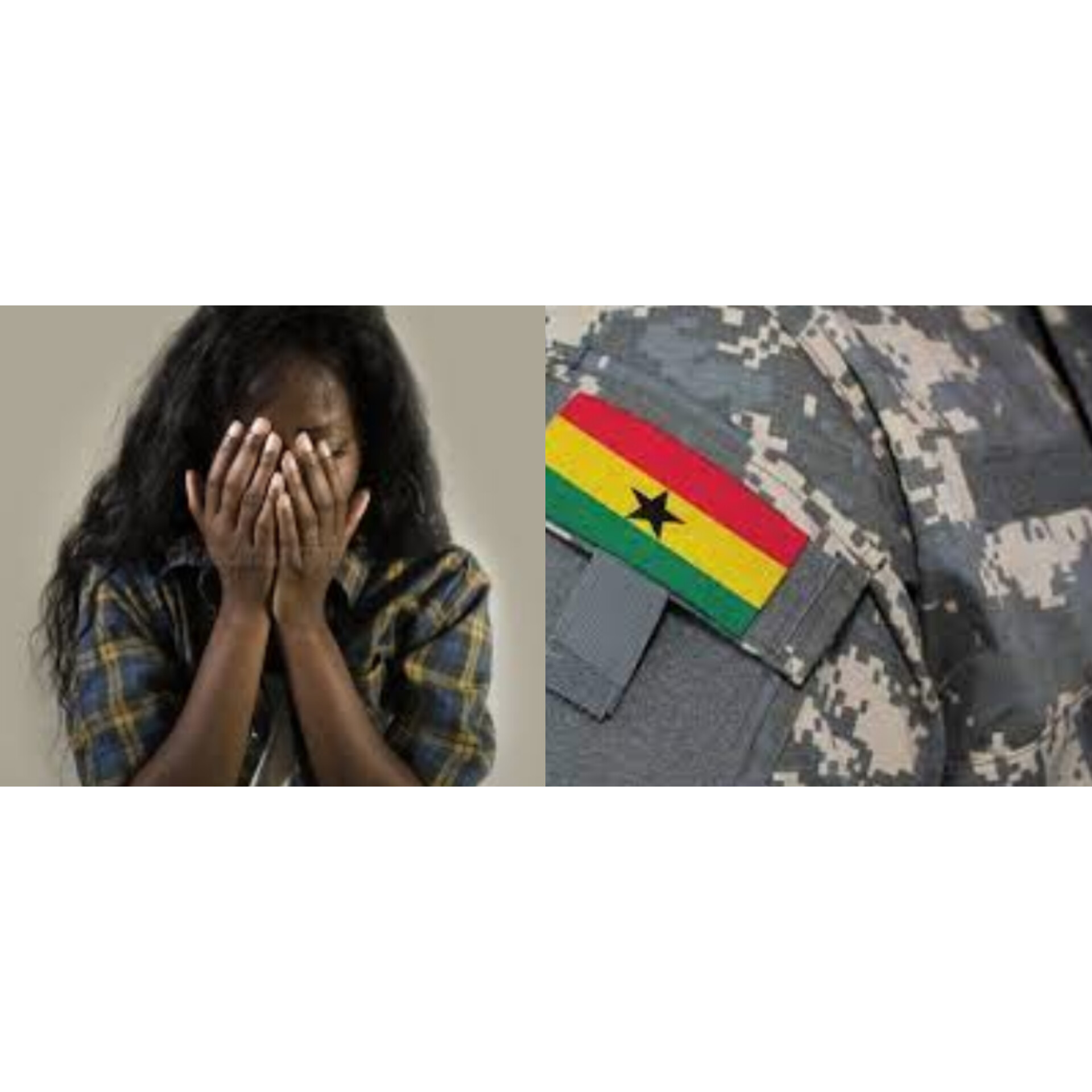8 crazy rules athletes must follow in Olympic Village
The Olympic Village is a unique and highly controlled environment where athletes from around the world live during the Games.
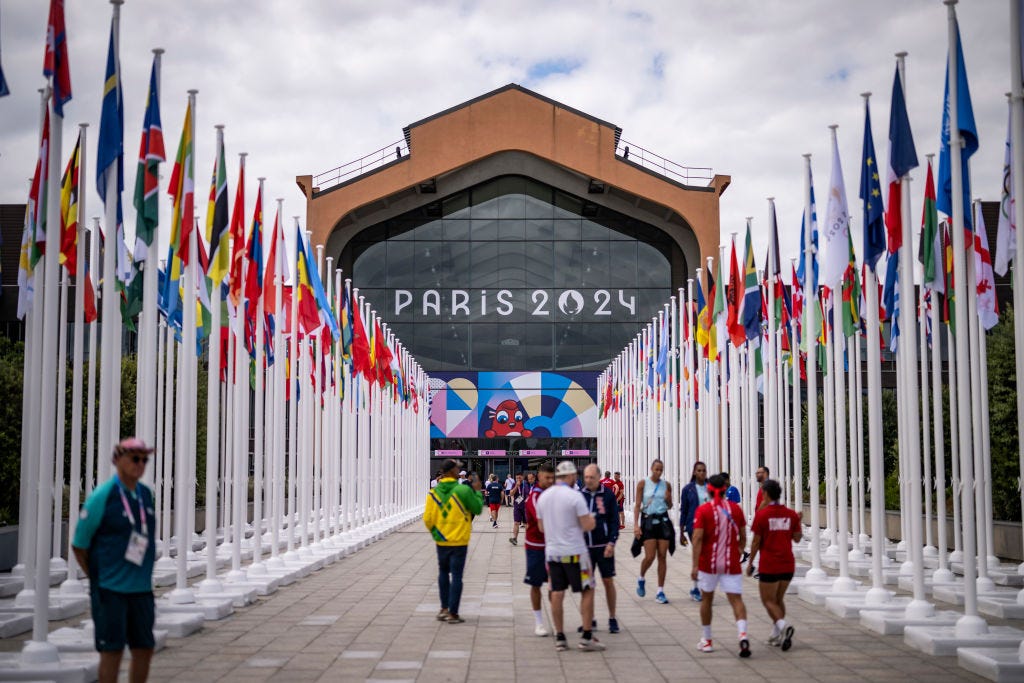

The Olympic Village is a unique and highly controlled environment where athletes from around the world live during the Games.
While it's designed to promote camaraderie and a sense of unity, it also comes with a set of rules that can sometimes seem quite absurd. Here are some of the more unusual regulations that athletes have to follow in the Olympic Village:
1. Strict curfew times
Athletes often have to adhere to strict curfew times, regardless of their event schedules. This means that even if an athlete's competition is the next day, they still have to follow the same bedtime rules as everyone else, which can sometimes interfere with their personal routines and preparation.
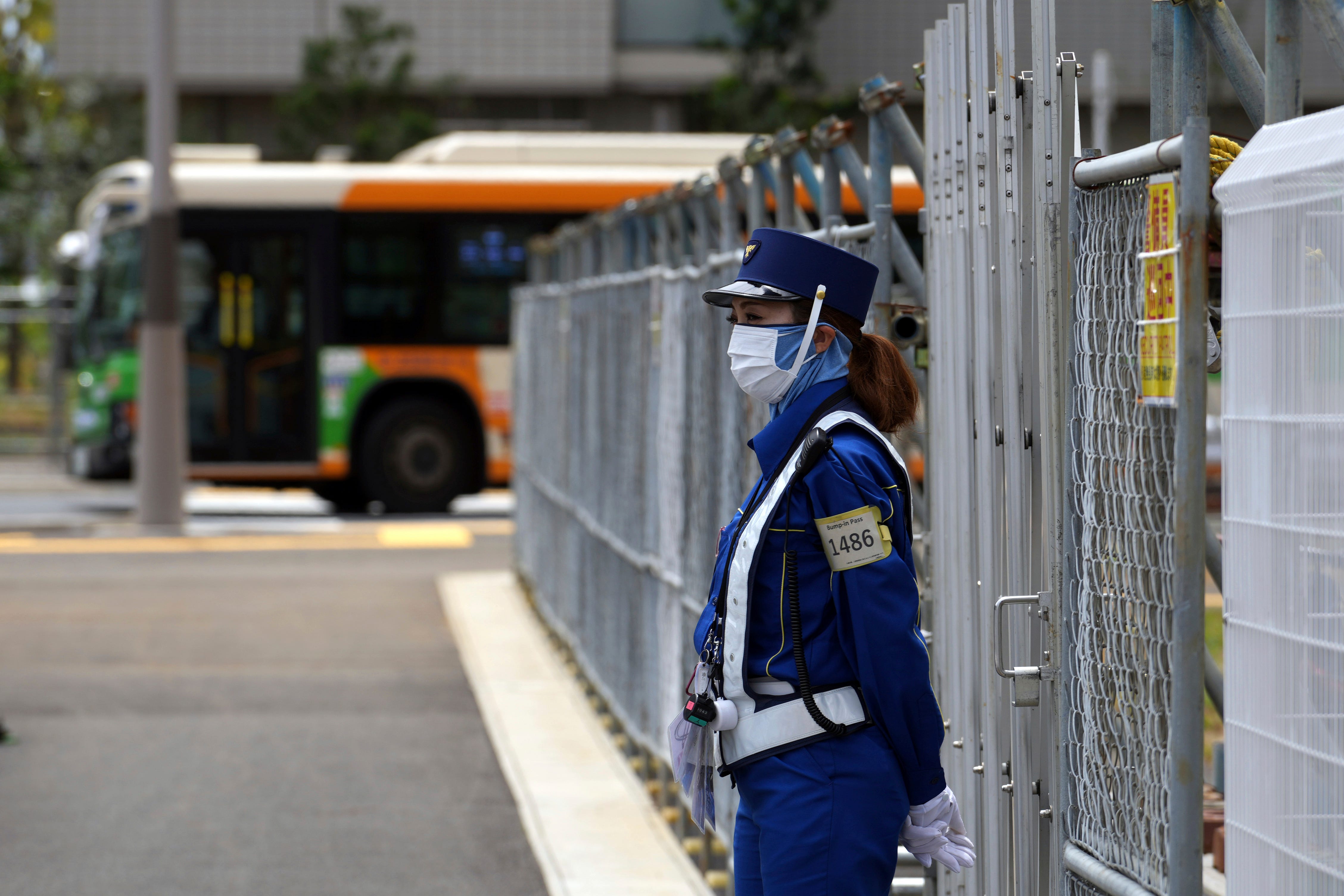
2. Prohibited personal promotions
Athletes are not allowed to engage in personal promotions or endorsements within the village. This includes wearing branded clothing or displaying logos of sponsors that are not official Olympic partners.
This rule, often referred to as Rule 40, aims to protect the exclusivity of official sponsors but can feel restrictive for athletes who have personal endorsements.
3. No outside food
The Olympic Village provides all meals for the athletes, and bringing in outside food is often discouraged or outright prohibited. This rule is meant to ensure food safety and prevent potential tampering, but it can be frustrating for athletes with specific dietary needs or preferences.
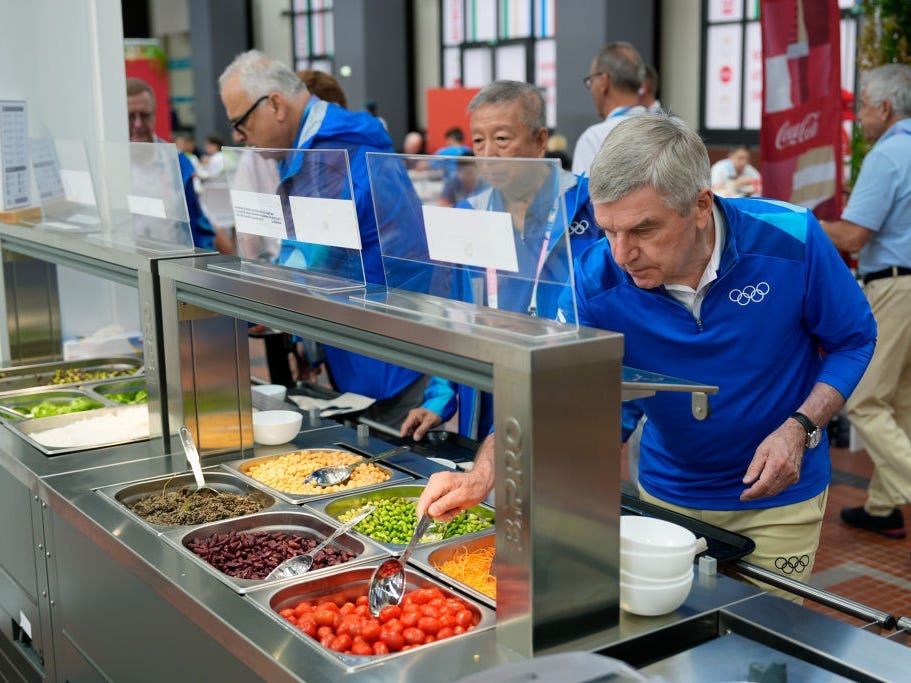
4. Restrictions on social media and communication
Athletes may face restrictions on their social media activities and communication with the outside world. They are often advised to avoid controversial posts or political statements, as the Olympic Games are meant to be a neutral and apolitical event. This can feel limiting for athletes who want to share their experiences or opinions.
5. Limited visitor access
Family and friends often have limited access to the Olympic Village. Athletes usually have to meet them in designated areas or outside the village, making it difficult to spend time with loved ones. This rule is in place for security and logistical reasons but can be tough on athletes who crave support from their families.
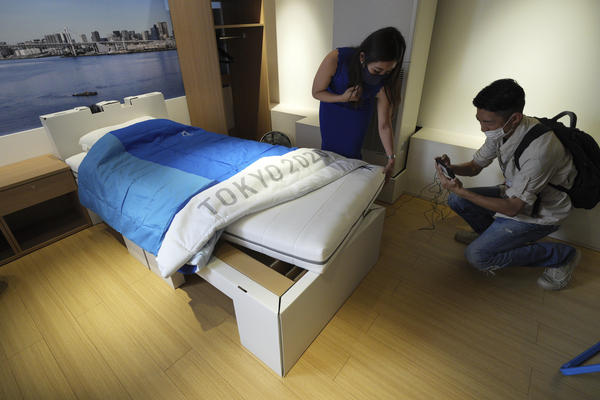
6. Uniform dress code
Athletes must adhere to a strict dress code, particularly during official events and ceremonies. This includes wearing team uniforms and not altering them in any way.
While this promotes unity and team spirit, it can sometimes feel overly rigid, especially for athletes who want to express their individuality.
7. No souvenir trading
Trading pins and other memorabilia is a popular tradition at the Olympics, but there are rules governing these exchanges. For instance, athletes are often discouraged from trading official gear, especially if it features the Olympic rings or other protected symbols. This rule can dampen the fun of collecting and trading souvenirs.
8. Controlled celebrations
While athletes are allowed to celebrate their victories, there are often rules around how and where they can do so. Large parties or gatherings in the village may be restricted, and athletes are expected to maintain decorum. This can be challenging, especially when emotions are running high after a significant win.
![Controlled celebrations [Skynews]](https://ocdn.eu/pulscms/MDA_/ca7d1eed53e3bfee286f3cf08bdeb437.jpg)
These rules, while sometimes seen as absurd, are generally put in place to ensure the smooth operation of the Games, maintain security, and uphold the values of the Olympic movement. However, they can sometimes feel overly restrictive and out of touch with the athletes' needs and desires.
What's Your Reaction?







































